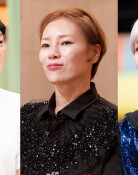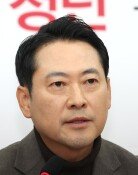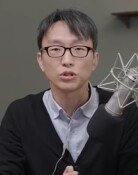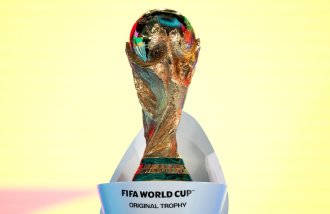Intra-Party Feud
President Lee Myung-bak yesterday commented on his row with former ruling Grand National Party leader Park Geun-hye. The Lunar New Year is around the corner and its no good to delay the resolution of the partys internal issue until (after the Lunar New Year holiday). I wish we can end this row now and greet a new year, the president said. He implied that he could hold talks with Park at the right time, saying, Theres no reason not to meet her. A simple conversation between the president and Park could help relieve the internal conflict that is apparently turning into a head-on confrontation.
It seems difficult for the two figures to come to an agreement over the Sejong City dispute because of a huge opinion gap. President Lee says revising the Sejong City plan is a mandate for a better future of the country. Park insists that the original plan be followed in the interest of politics of trust. The two, however, must never give up trying to reach an agreement. Opening ones mind should come first.
Ruling party lawmaker Hong Sa-deok, a Park supporter, said the dispute over Parks reference to the president as a burglar is a type of fender bender unrelated to Sejong City. President Lees comment that he wants to support a person who works hard rather than one who is obsessed with political engineering could have misled Park to believe he meant her. This, however, gives the Korean public the impression that she acted hastily by countering his comment with another comparison of a burglar.
When the revised bill on Sejong City is handed to the National Assembly next month, the ruling party will eventually have to make a decision. The party could remain divided even after making a decision if it does not resolve internal mistrust. This will be a national loss going beyond the individual level, and will negatively affect the party in the June 2 local elections. President Lee and Park have a common responsibility for state affairs. Having a democratic discussion despite differing opinions to reach and implement a conclusion constitutes party democracy.
President Lee and Park are the ones who feel more uneasy about the situation. The president said he has no reason not to meet North Korean leader Kim Jong Il if it helps the North abandon its nuclear weapons and tackle humanitarian issues. Park met Kim in Pyongyang in 2002 while she was leader of the then opposition Grand National Party. The Bush and Clinton families have shaken hands in sharing the future and responsibility for the U.S., scrapping their political rivalry. This is the right cooperation between political leaders, who worry about the future of their country. How can a leader tackle major state affairs if he cannot quell internal conflict within his own party? President Lee and Park now face a major political test.







